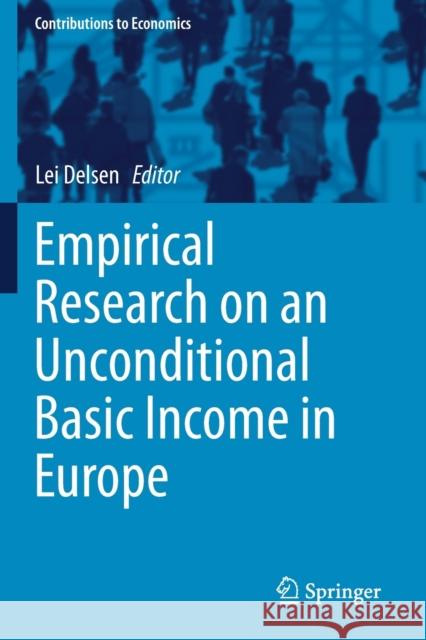Empirical Research on an Unconditional Basic Income in Europe » książka
topmenu
Empirical Research on an Unconditional Basic Income in Europe
ISBN-13: 9783030300463 / Angielski / Miękka / 2020 / 233 str.
Empirical Research on an Unconditional Basic Income in Europe
ISBN-13: 9783030300463 / Angielski / Miękka / 2020 / 233 str.
cena 562,23
(netto: 535,46 VAT: 5%)
Najniższa cena z 30 dni: 539,74
(netto: 535,46 VAT: 5%)
Najniższa cena z 30 dni: 539,74
Termin realizacji zamówienia:
ok. 22 dni roboczych.
ok. 22 dni roboczych.
Darmowa dostawa!
Kategorie:
Kategorie BISAC:
Wydawca:
Springer
Seria wydawnicza:
Język:
Angielski
ISBN-13:
9783030300463
Rok wydania:
2020
Wydanie:
2019
Numer serii:
000036348
Ilość stron:
233
Waga:
0.35 kg
Wymiary:
23.39 x 15.6 x 1.32
Oprawa:
Miękka
Wolumenów:
01
Dodatkowe informacje:
Wydanie ilustrowane











